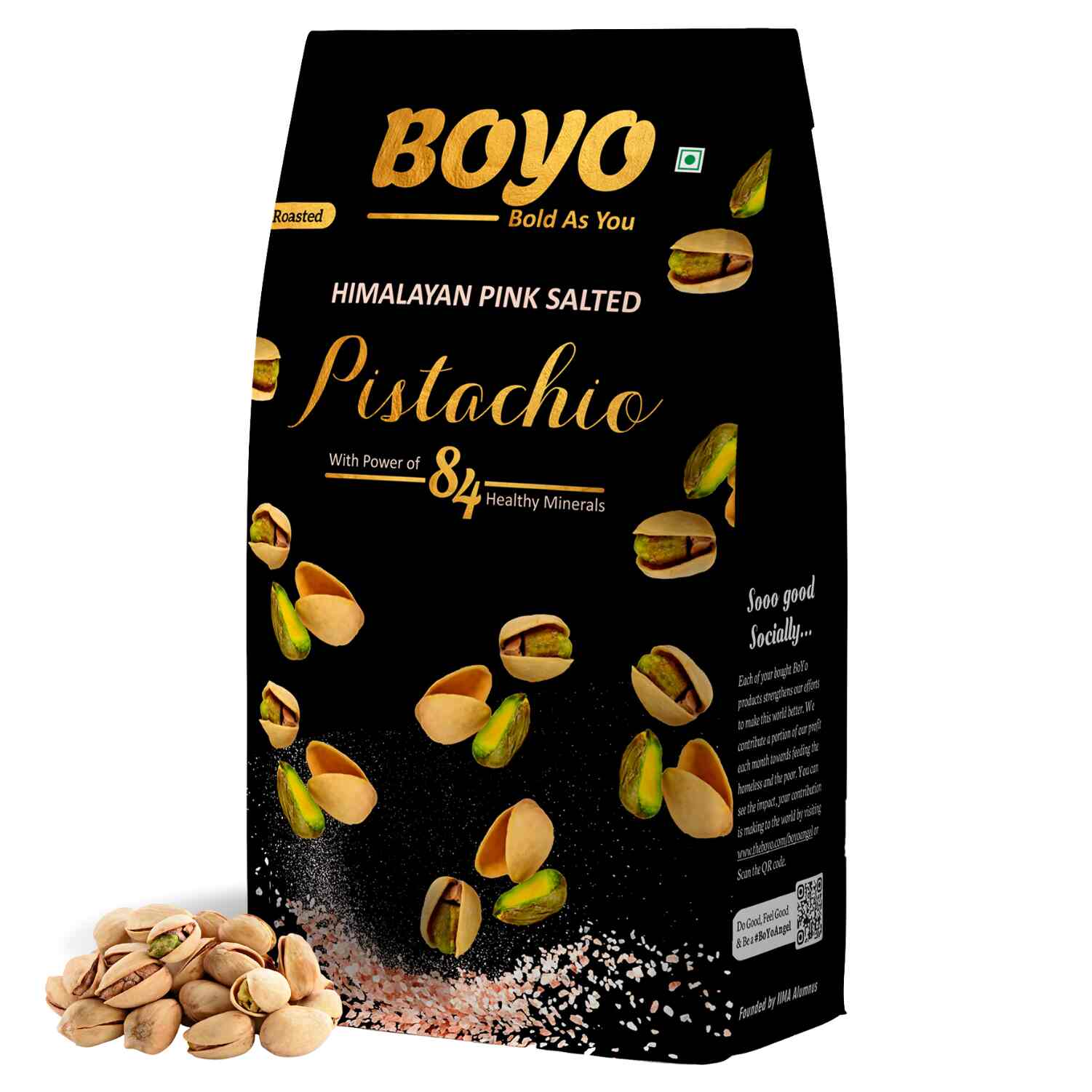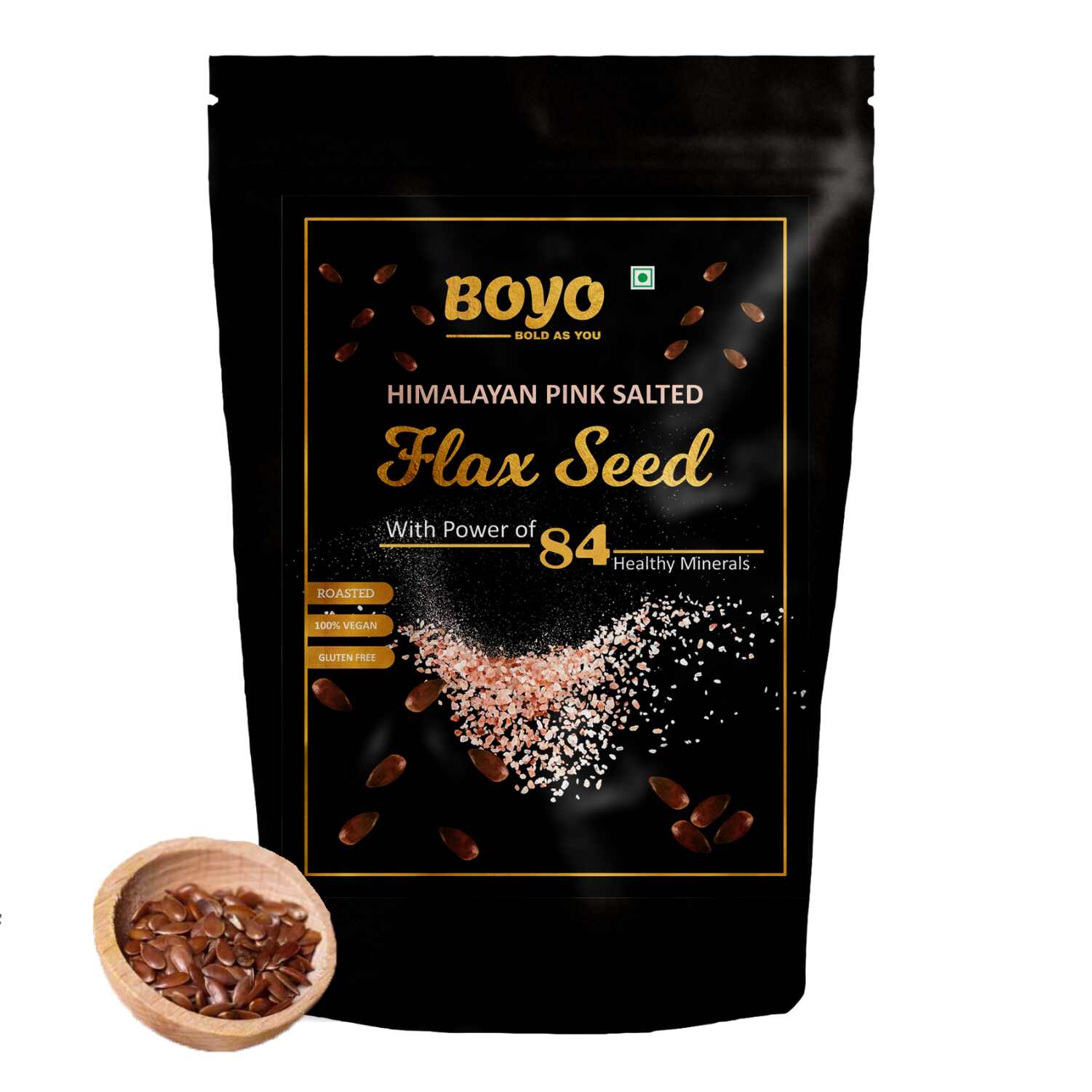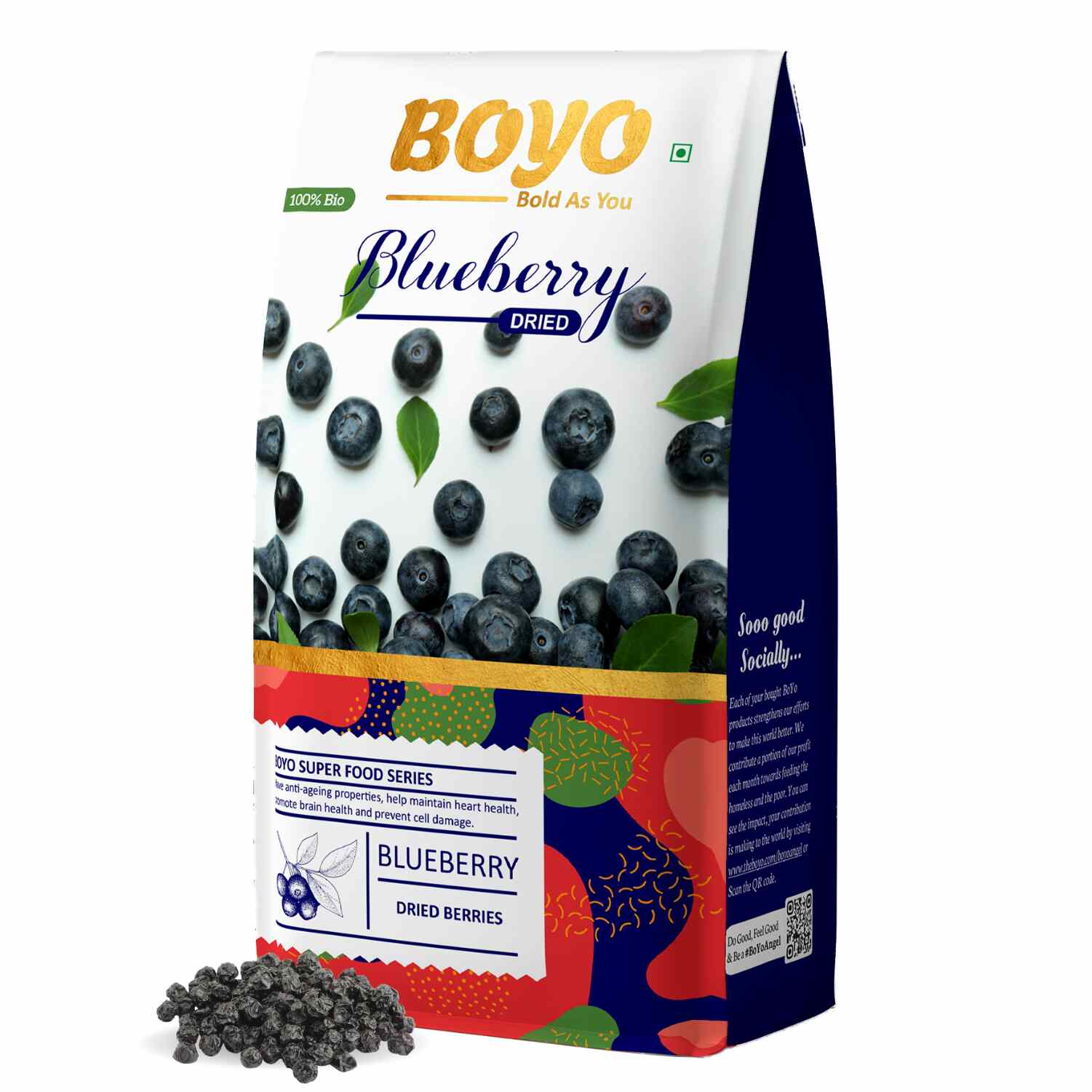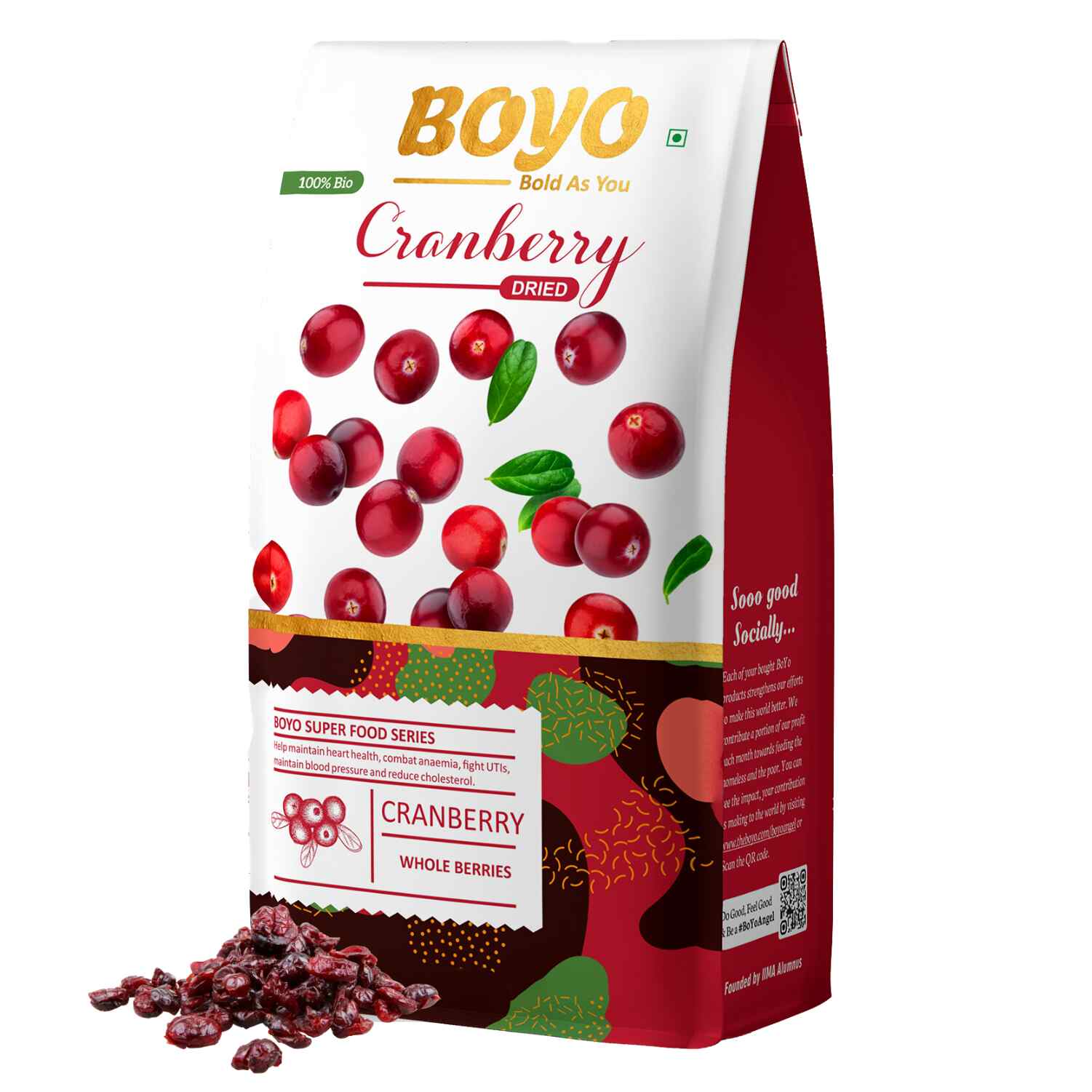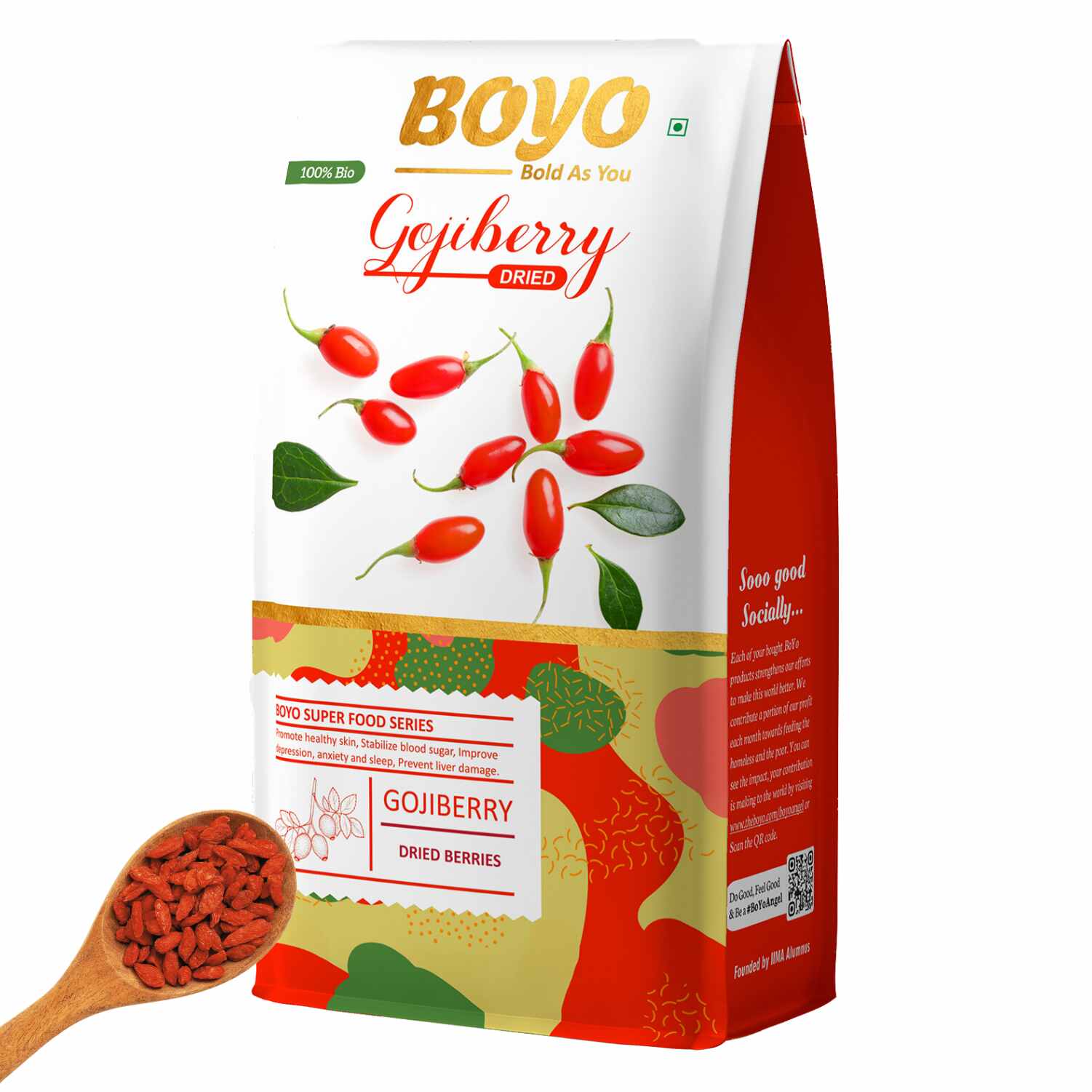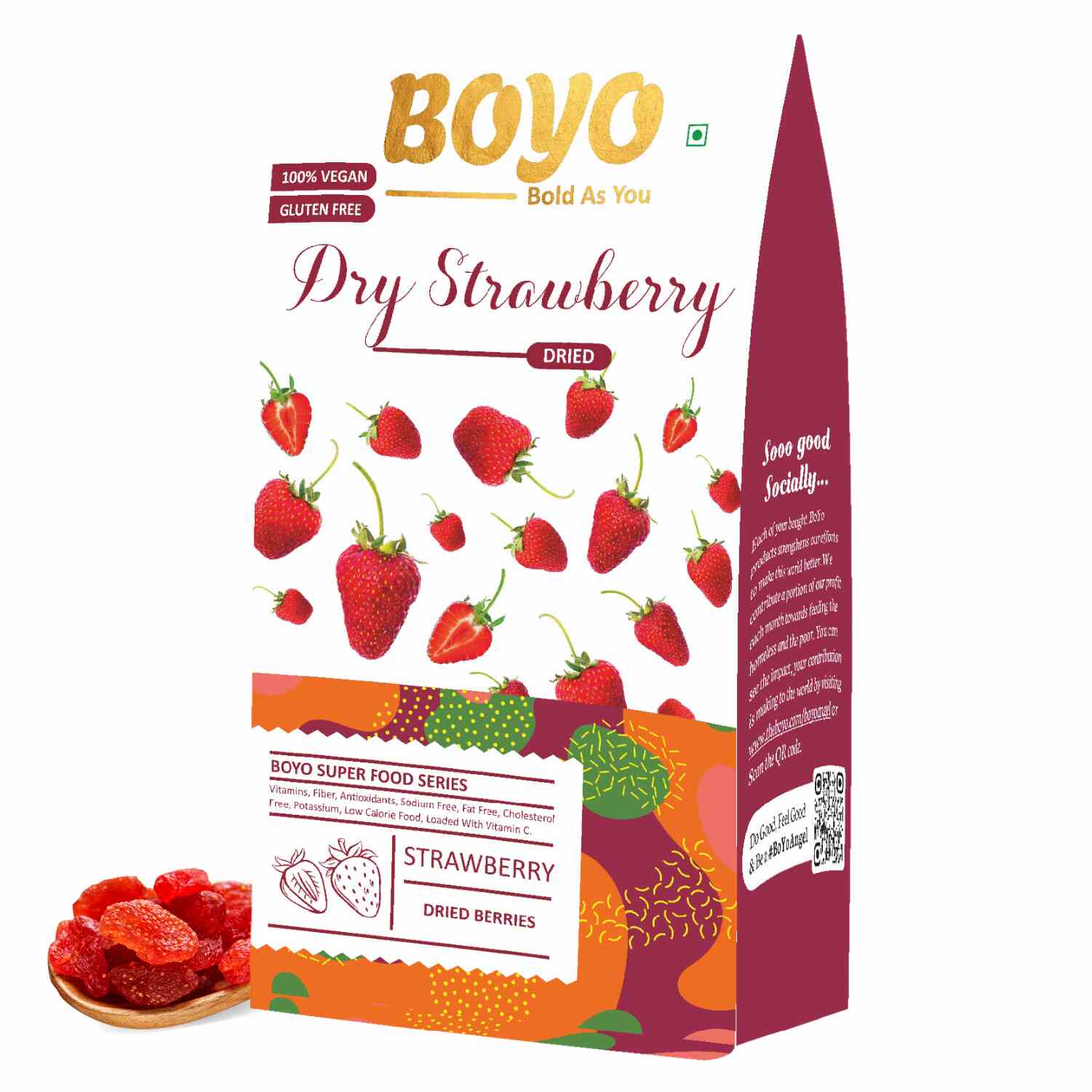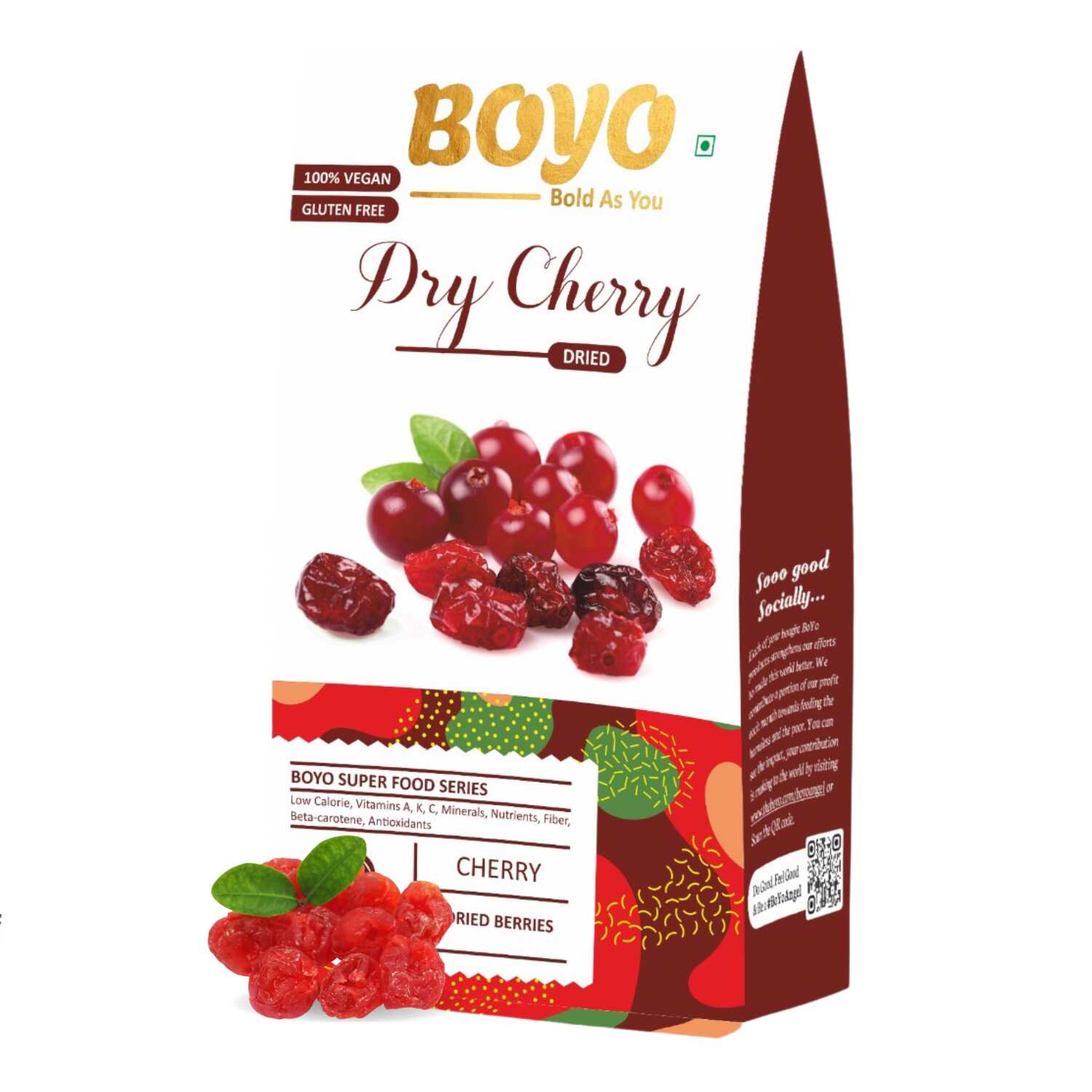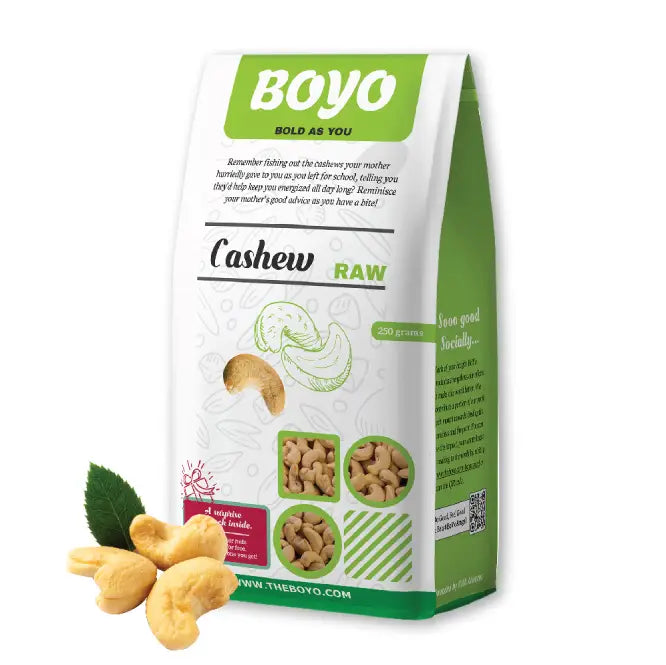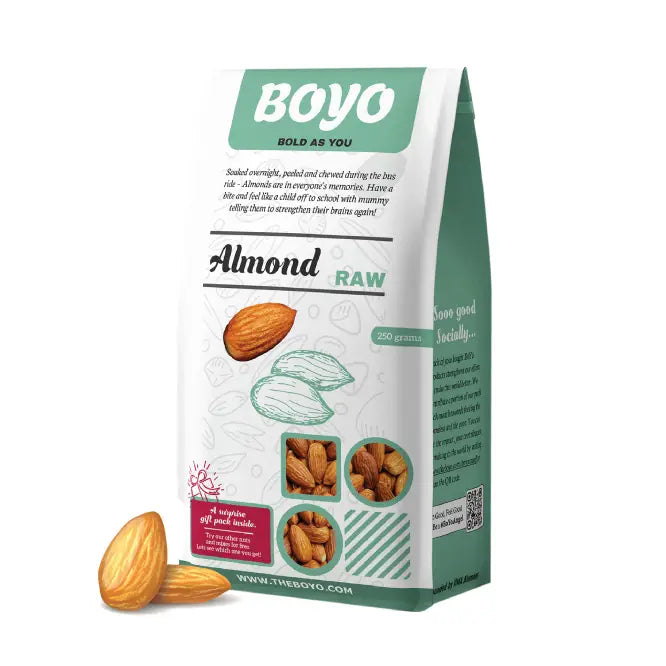FAQ
Q1. What are the benefits of cranberry?
Ans. Cranberries offer numerous health benefits. They are rich in antioxidants, which may help prevent urinary tract infections, support heart health, and contribute to a strong immune system. Additionally, cranberries contain vitamins C and E, fiber, and various phytonutrients that promote overall well-being.
Q2. How to eat blueberries?
Ans. Blueberries can be enjoyed in various ways. They can be eaten fresh as a snack, added to cereals, yogurt, or salads, blended into smoothies, or used in baking recipes like muffins and pancakes. Frozen blueberries are also a convenient option for many of these uses.
Q3. What are the top 3 benefits of blueberries?
Ans. The top three benefits of blueberries include their high antioxidant content, which supports brain health and may reduce oxidative stress; their role in promoting heart health by reducing blood pressure and cholesterol levels; and their potential to aid in managing blood sugar levels, beneficial for those with diabetes or at risk.
Q4. How much blueberry juice should I drink a day?
Ans. While individual needs vary, a general guideline is to limit fruit juice consumption due to its concentrated sugar content. If you choose to drink blueberry juice, it's advisable to keep it in moderation, aiming for no more than 4–6 ounces a day to manage sugar intake.
Q5. Can I eat raw cranberries?
Ans. While raw cranberries are quite tart, they can be eaten in moderation. However, they are often preferred cooked or sweetened in recipes due to their natural acidity. Raw cranberries can be added to salads, sauces, or used as a garnish, but some may find them more palatable when prepared in various dishes.




















